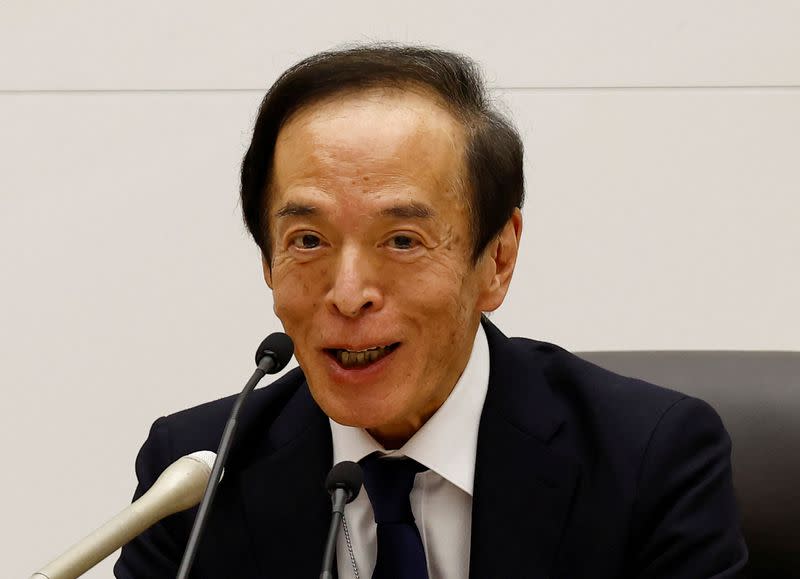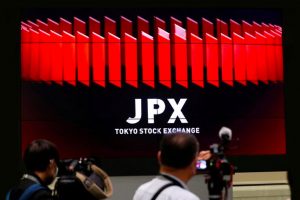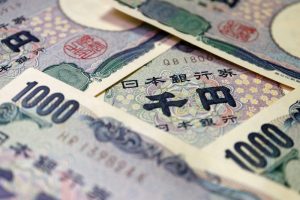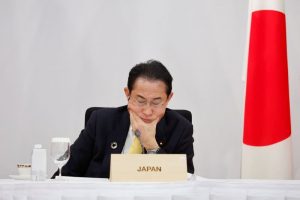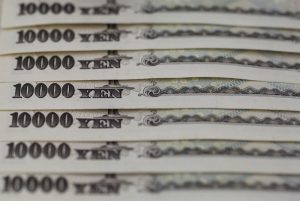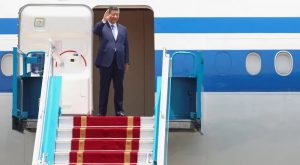The Bank of Japan’s governor has vowed to stand his ground and stick to an ultra-loose monetary policy, despite global peers’ continuing rate hike battle with inflation.
The BoJ’s Kazuo Ueda said the central bank will be unwavering in its stance, reassuring markets Japan will be a dovish outlier in the face of stubbornly high inflation across the globe.
The recent rise in Japanese inflation above the BoJ’s 2% target is driven mostly by cost-push factors rather than strong domestic demand, Ueda said, adding that responding to such price increases with tighter monetary policy would hurt the economy.
Also on AF: Battery EVs Can’t Be Only Cleaner Car Option: Toyota Chief
Although the BoJ expects the global economy to rebound as inflationary pressures moderate, there was a risk of overseas growth undershooting expectations due to the fallout from aggressive US interest rate hikes, Ueda said on Friday.
“At present, it’s necessary to continue with monetary easing,” as Japan has yet to see conditions fall in place for inflation to sustainably hit 2%, he told a seminar.
While this year’s domestic wage negotiations led to pay hikes unseen in three decades, the BoJ must wait and see whether such wage increases will broaden to more companies and become durable, he said.
“The cost of prematurely shifting policy, and nipping the bud towards achieving 2% inflation, is extremely large,” Ueda said. “It’s appropriate to take time judging [when to] tweak ultra-easy policy toward a future exit.”
Japan Inflation Above Target
The remarks came in the wake of data showing Japan’s core consumer inflation hit 3.4% in April, staying well above the BoJ’s 2% target, on rising food and services prices.
Markets have been simmering with speculation the BoJ could start to phase out its massive stimulus in coming months to address the mounting side effects of prolonged easing, such as distortions that its huge bond buying are causing in market pricing.
Instead of focusing only on the side effects, the BoJ must carefully weigh the balance between the benefits and costs of its measures in determining policy, Ueda said.
Under a policy dubbed yield curve control (YCC), the BoJ sets a -0.1% target for short-term interest rates and a 0% cap for the 10-year bond yield to sustainably hit its 2% inflation target. It also buys huge sums of government bonds and risky assets to pump money into the economy.
- Reuters with additional editing by Sean O’Meara
Read more:
Bank of Japan to Hold Firm on Ultra-Easy Policy: Economists
Yen Shoots up as Ueda Nominated as New Bank of Japan Chief
Yen Soars, Nikkei Sinks After Surprise Bank of Japan Move




